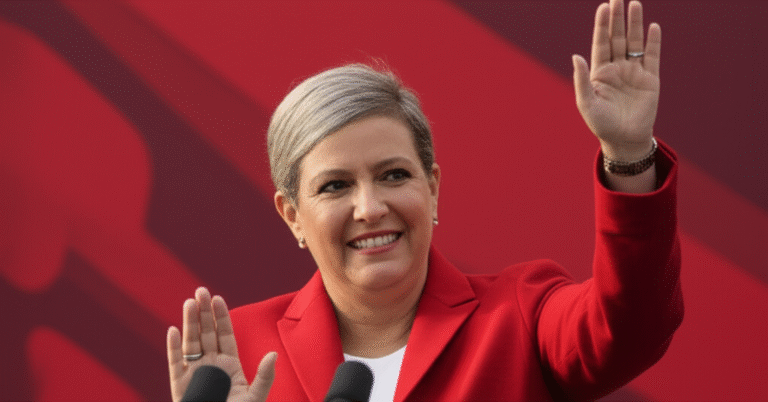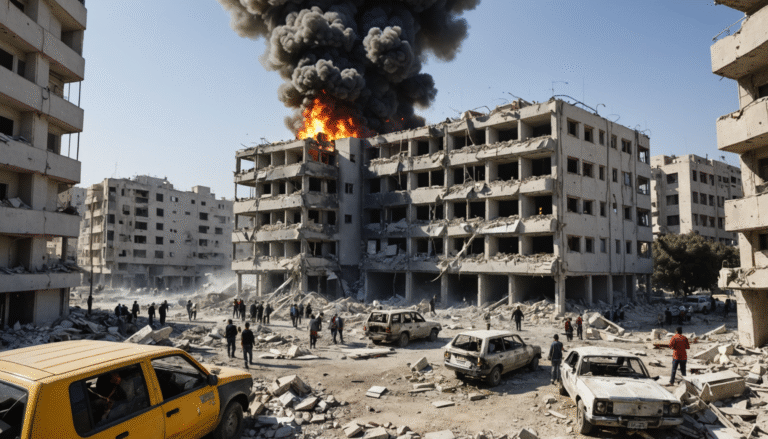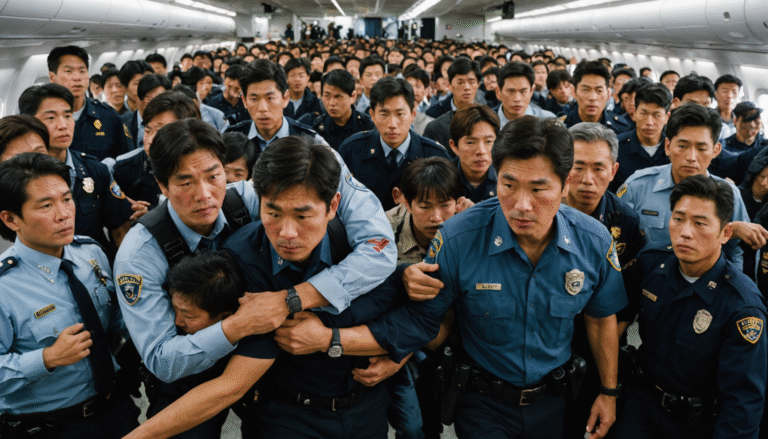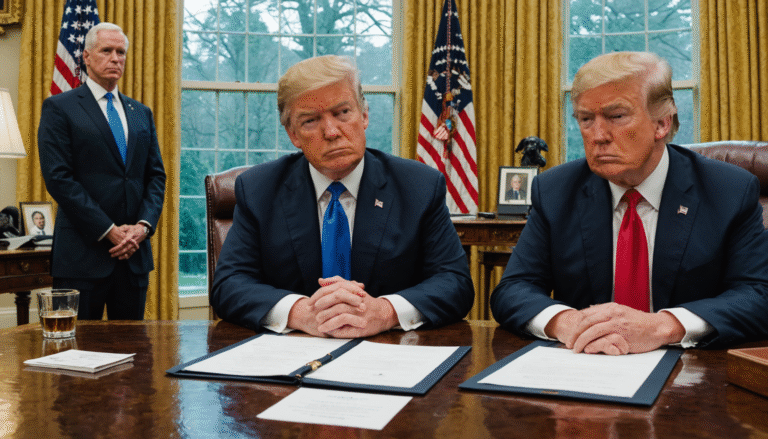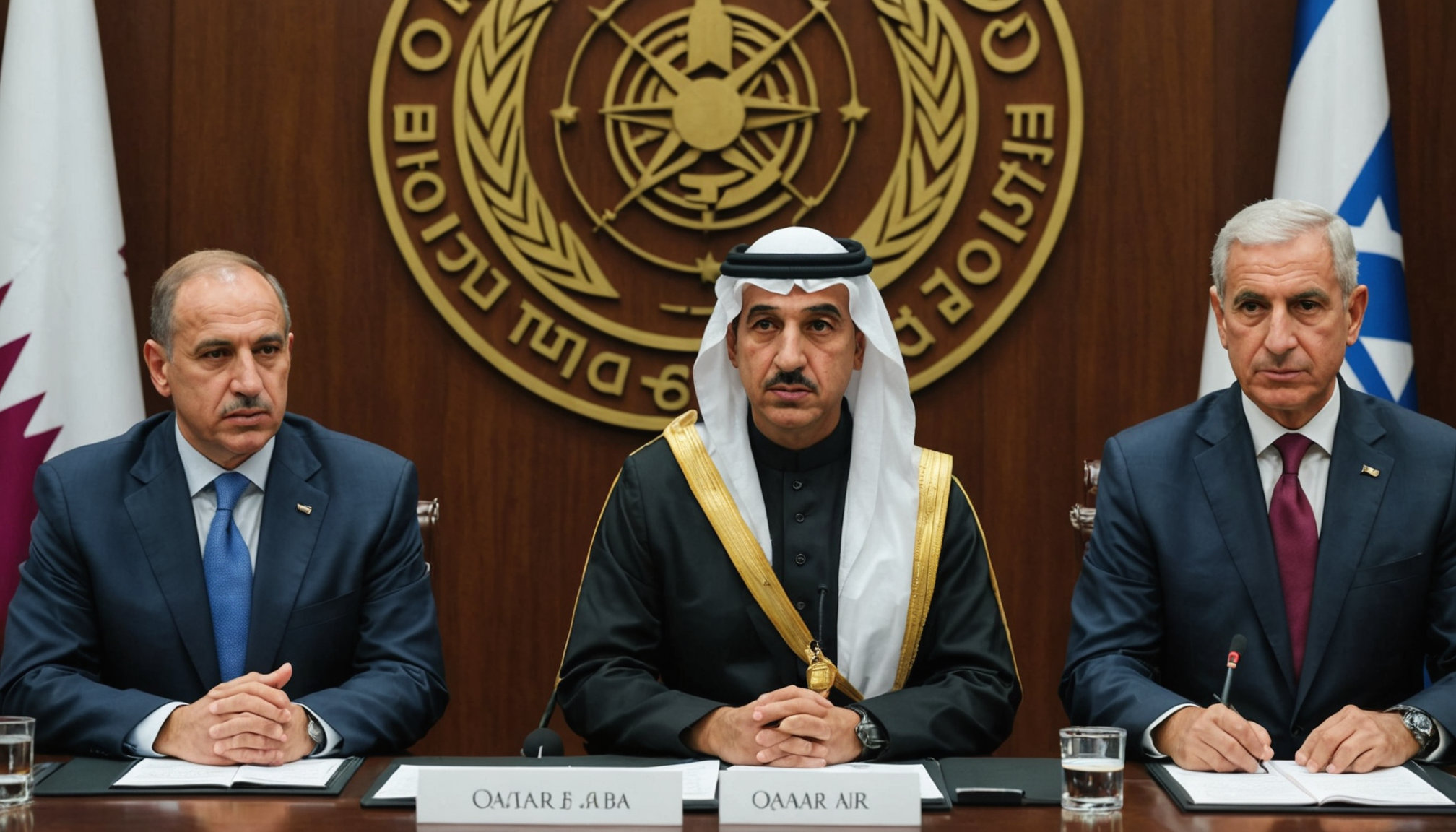
Qatar is hosting a summit to address Israel’s attack on Hamas leaders in Doha. Arab and Islamic nations aim to find ways to restrain Israel’s actions in the ongoing war in the Gaza Strip. The summit comes as Qatar works to mediate a ceasefire, a role it intends to maintain despite the recent assault. Since Hamas’ October 7, 2023, attack on Israel, Israel has launched retaliatory strikes across the region, including in Iran, Lebanon, Palestinian territories, Syria, Qatar, and Yemen. This has fueled widespread anger, particularly given the more than 64,000 Palestinians killed in Gaza, and raised concerns about the adequacy of U.S. security protection in the Gulf. The international community is urged to apply consistent standards and hold Israel accountable for its actions. Qatar’s Prime Minister and Foreign Minister, Sheikh Mohammed bin Abdulrahman Al Thani, emphasized this point.

Summit’s Goals and Challenges
The summit’s success is uncertain, given that several nations have diplomatic ties with Israel and may hesitate to sever them. The rapid organization of the summit highlights a shared urgency among regional actors. The central question is whether the summit will lead to significant actions against Israel, potentially including diplomatic downgrades, economic measures, and restrictions on access. Iran, which was attacked by Israel earlier this year, is sending President Masoud Pezeshkian to the meeting. Pezeshkian underscored the widespread impact of Israel’s attacks since October 7, noting that Israel had attacked various Islamic countries, including Qatar, Lebanon, Iraq, Iran, and Yemen. He highlighted Israel’s actions and the support received from the U.S. and European countries. Iranian Foreign Minister Abbas Araghchi expressed Iran’s solidarity with Qatar and other Muslim nations.
Qatar’s Mediation Role
Qatar’s role as a mediator in the Israel-Hamas conflict is longstanding. It has hosted Hamas’ political leadership, facilitating negotiations with Israel. However, Qatar has faced criticism from hard-liners in Israel’s government due to its mediating role. Israeli Prime Minister Benjamin Netanyahu has threatened further strikes if Hamas leaders remain in Qatar. The U.S. has offered support to Qatar, emphasizing its role as an ally and highlighting the challenges of its position in the region.
U.S. Secretary of State Marco Rubio visited Israel to discuss concerns about the attack on Qatar and Israel’s planned Gaza City offensive. Netanyahu faces growing pressure from the Israeli public regarding the hostages held in Gaza, with 48 remaining, 20 of whom are believed to be alive. Israel’s offensive in Gaza has resulted in over 64,000 Palestinian deaths. The conflict began with the October 7, 2023, Hamas attack on Israel, which caused approximately 1,200 deaths, mostly civilians, and the abduction of 251 people.
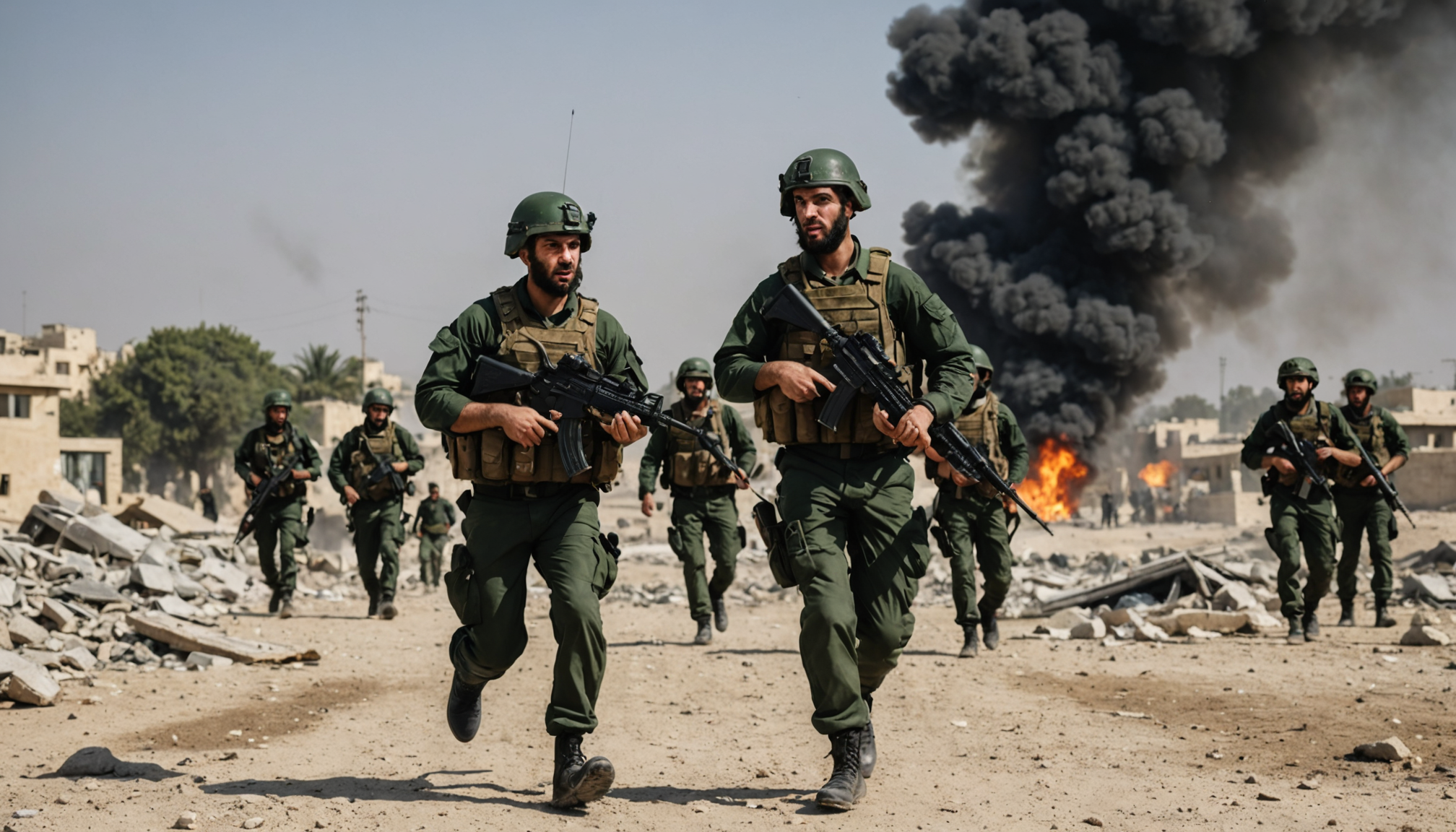
Background
The Israeli attack on Hamas leaders in Doha is a significant escalation in the ongoing Israel-Hamas conflict, which started with Hamas’ October 7, 2023, attack on Israel. Israel’s retaliatory strikes have targeted multiple countries, generating regional tensions. Qatar, involved in mediation efforts, faces challenges due to its intermediary role.
What’s next
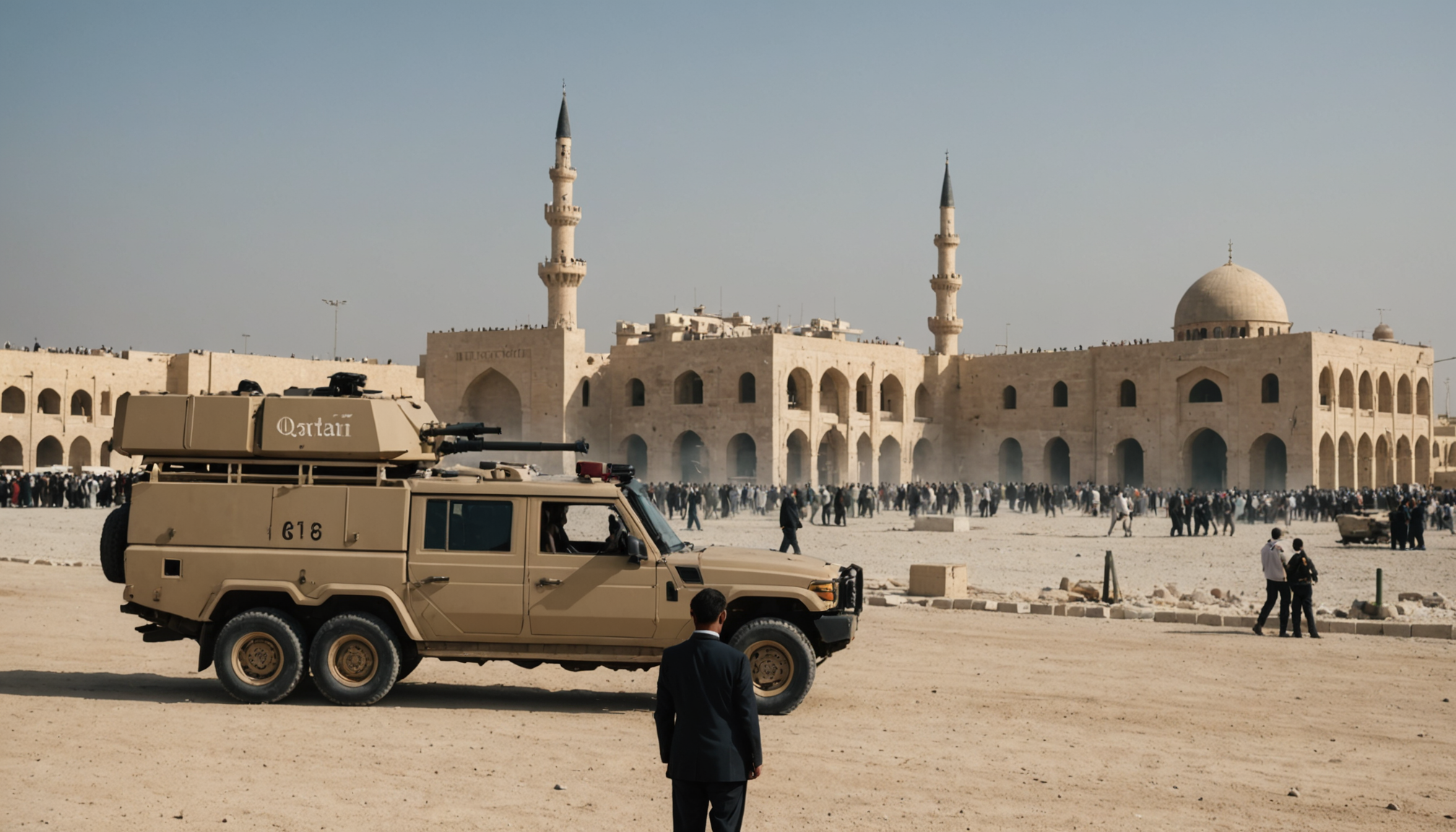
The outcome of the Qatar summit remains uncertain, but the meeting underscores the shared regional concern over the ongoing conflict. Israel’s actions and the response from various nations will continue to shape the trajectory of the conflict. The fate of the remaining hostages held in Gaza is a pressing issue, adding to the pressure on Netanyahu’s government.
- Qatar hosted a summit regarding Israel’s attack on Hamas leaders.
- The summit aims to restrain Israel’s actions in the Gaza conflict.
- Qatar has served as a key mediator in ceasefire efforts.
- Israel’s retaliatory strikes have targeted multiple countries.
- The conflict has caused widespread anger and casualties.
[Source]

